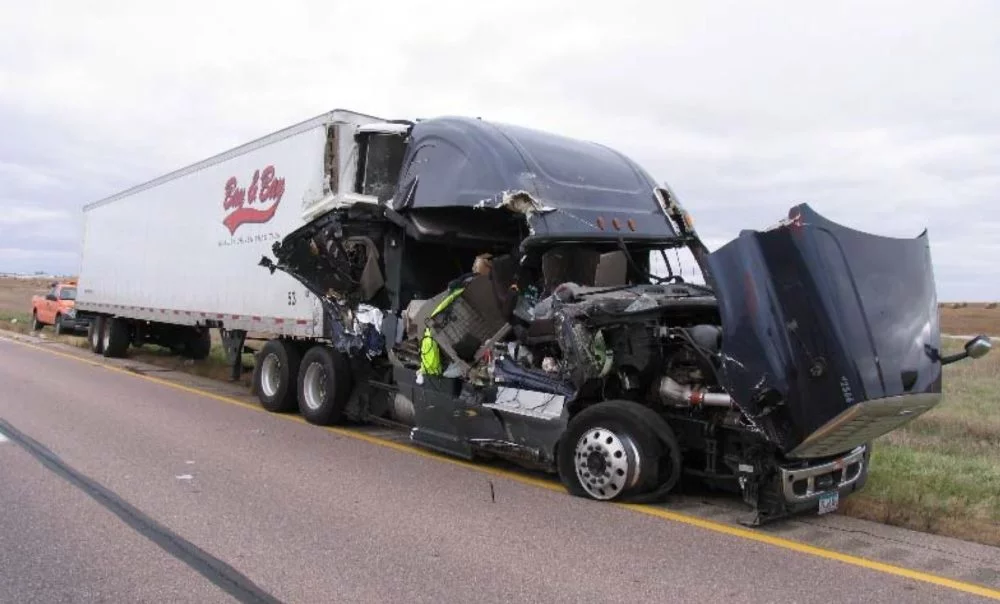Lafayette, Louisiana, is a lively and growing city known for its rich Cajun culture and bustling economy. Situated along major highways like Interstate 10 and U.S. Highway 90, Lafayette serves as a vital transportation hub for goods moving across the southern United States. However, the city’s role as a transit point comes with its challenges, including an alarming number of 18-wheeler accidents. These incidents not only disrupt daily life but often result in devastating consequences for those involved.
Factors Contributing to 18-Wheeler Accidents in Lafayette
Several factors contribute to the frequency of 18-wheeler accidents in Lafayette. One primary issue is driver fatigue. Truck drivers often travel long distances under tight deadlines, leading to exhaustion that impairs their ability to operate such large vehicles safely. Distracted driving, whether from mobile phone use or in-cab technologies, also plays a significant role in many accidents.
Weather conditions unique to Louisiana, including heavy rains and occasional fog, create hazardous driving situations, especially for large trucks that require more time to stop or maneuver. Poorly maintained roads in some areas exacerbate these challenges, making it harder for 18-wheelers to maintain stability. Additionally, mechanical failures, such as brake malfunctions or tire blowouts, are common when vehicles are not properly serviced.
The Impact of 18-Wheeler Accidents
The aftermath of an 18-wheeler accident can be catastrophic. Due to the sheer size and weight of these trucks, collisions often result in severe injuries or fatalities, particularly for occupants of smaller vehicles. Victims may face life-altering consequences, including physical disabilities, emotional trauma, and significant financial burdens from medical bills and lost wages.
Beyond personal harm, these accidents have broader implications for the community. They often cause significant property damage and lengthy traffic delays, disrupting the daily routines of commuters and local businesses. If hazardous materials are involved, accidents can also lead to environmental damage, requiring costly and time-consuming cleanup efforts.
Addressing the Problem
Reducing 18-wheeler accidents in Lafayette requires a collaborative effort from local authorities, trucking companies, and the public. Stricter enforcement of federal regulations, such as limits on driving hours and mandatory rest periods, can help combat driver fatigue. Ensuring proper vehicle maintenance through regular inspections can address mechanical failures before they lead to accidents.
Public awareness campaigns can educate motorists on how to safely share the road with large trucks, emphasizing practices such as avoiding blind spots and maintaining a safe following distance. Advanced safety technologies, including automatic braking systems and lane departure warnings, should also be implemented across the trucking industry to reduce human error.
Improved infrastructure is another critical component. Upgrading roads, adding clearer signage, and implementing better traffic flow management can help create safer conditions for all drivers. Local authorities can work to identify accident-prone areas and invest in targeted improvements to address these risks.
Conclusion
18-wheeler accidents in Lafayette, Louisiana, are a growing concern with serious implications for public safety, the local economy, and the environment. Addressing this issue requires a comprehensive approach that combines stricter regulations, better infrastructure, public education, and technological advancements. By prioritizing safety and fostering collaboration among all stakeholders, Lafayette can work toward reducing these incidents and ensuring a safer road network for its residents and visitors alike.

